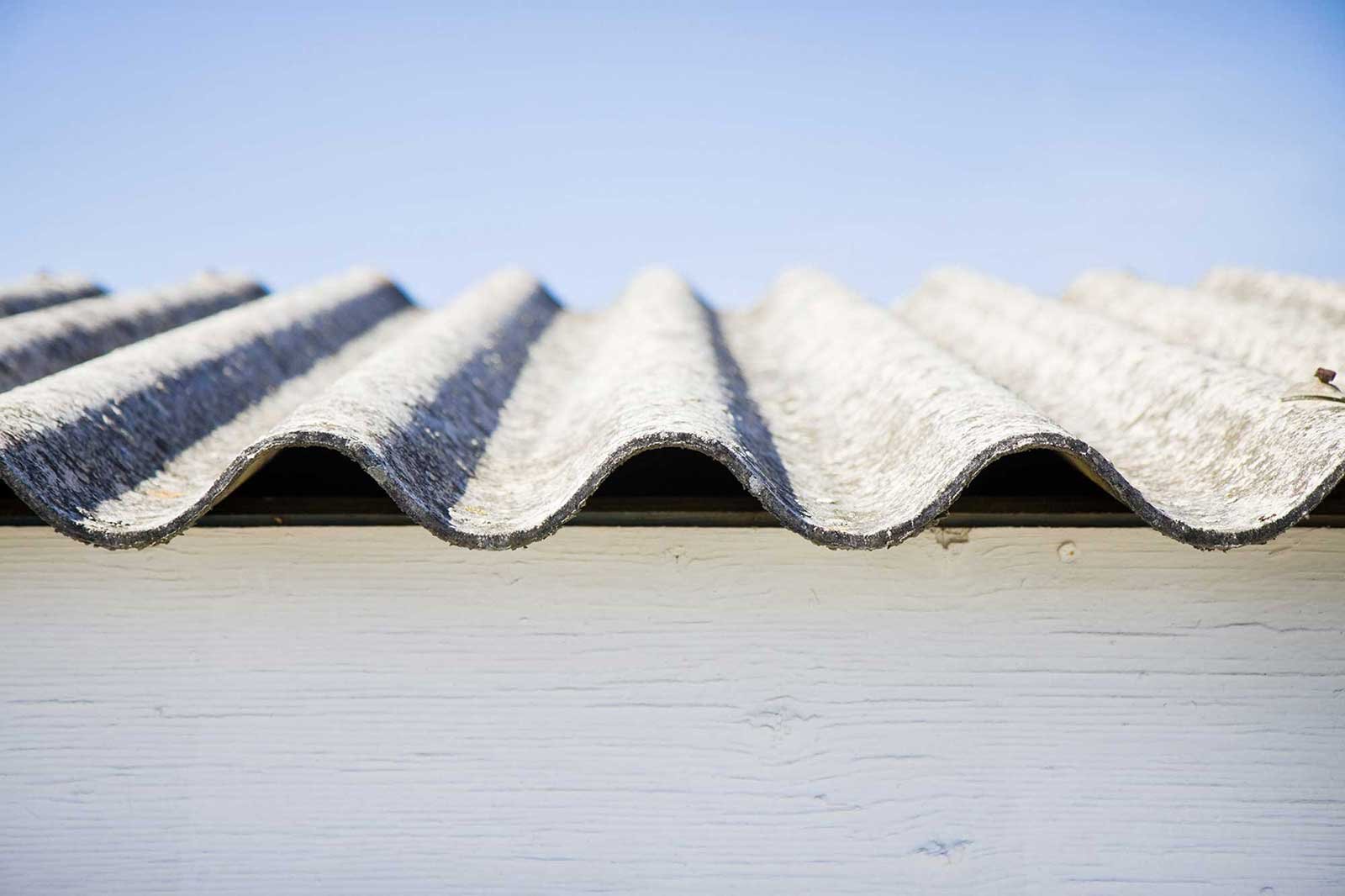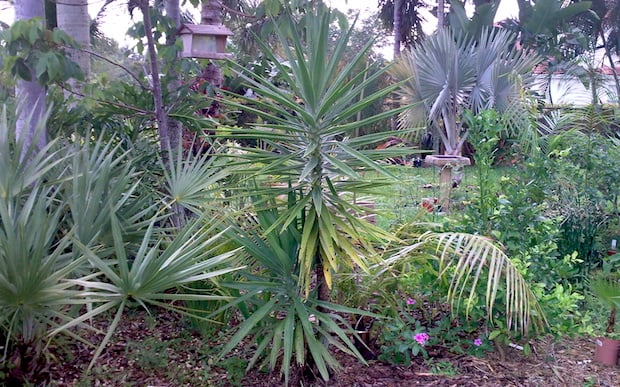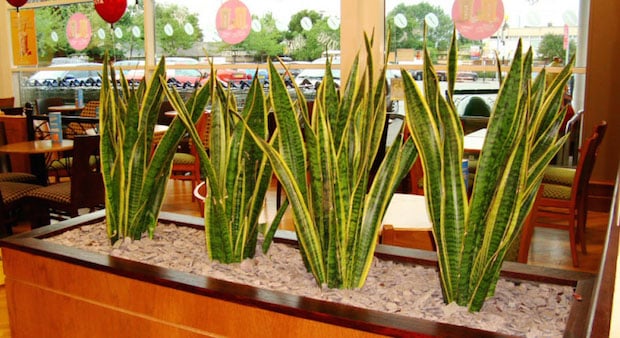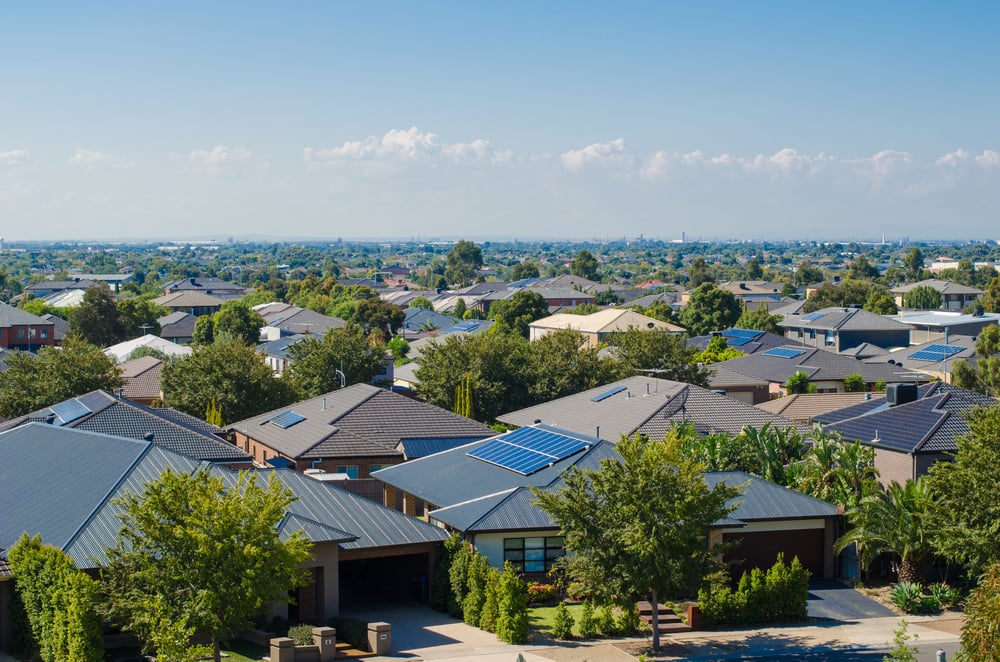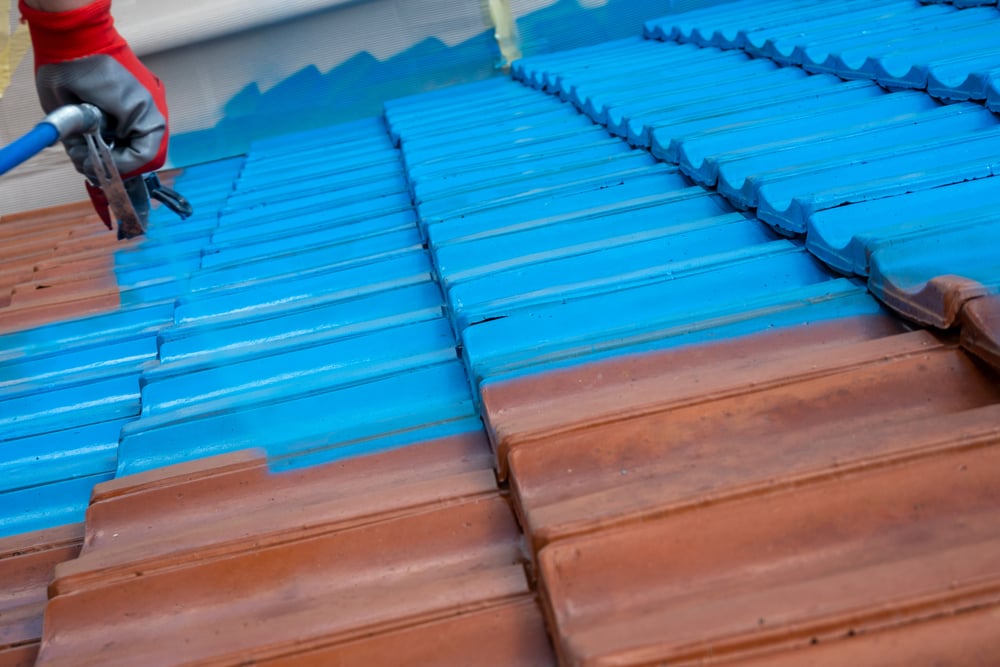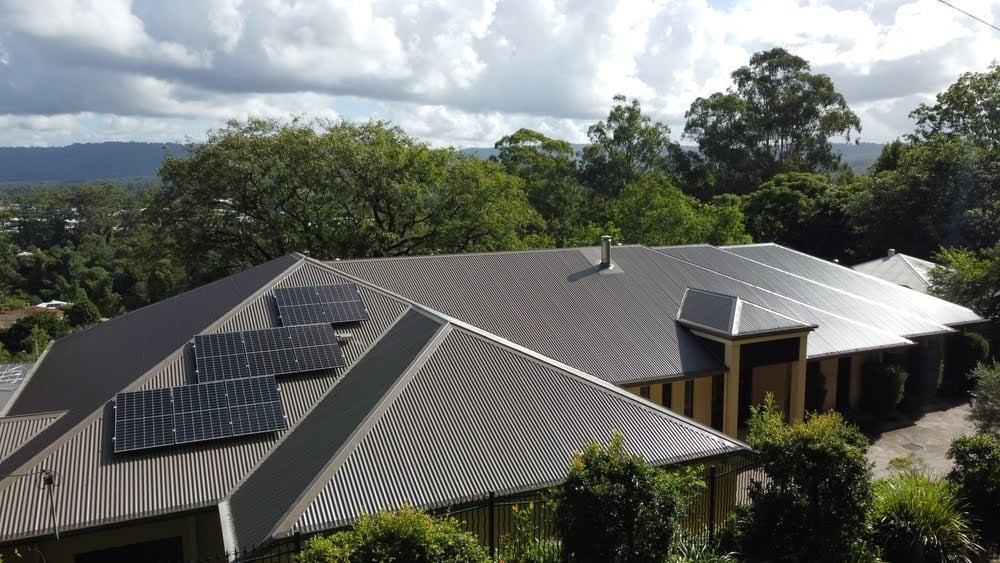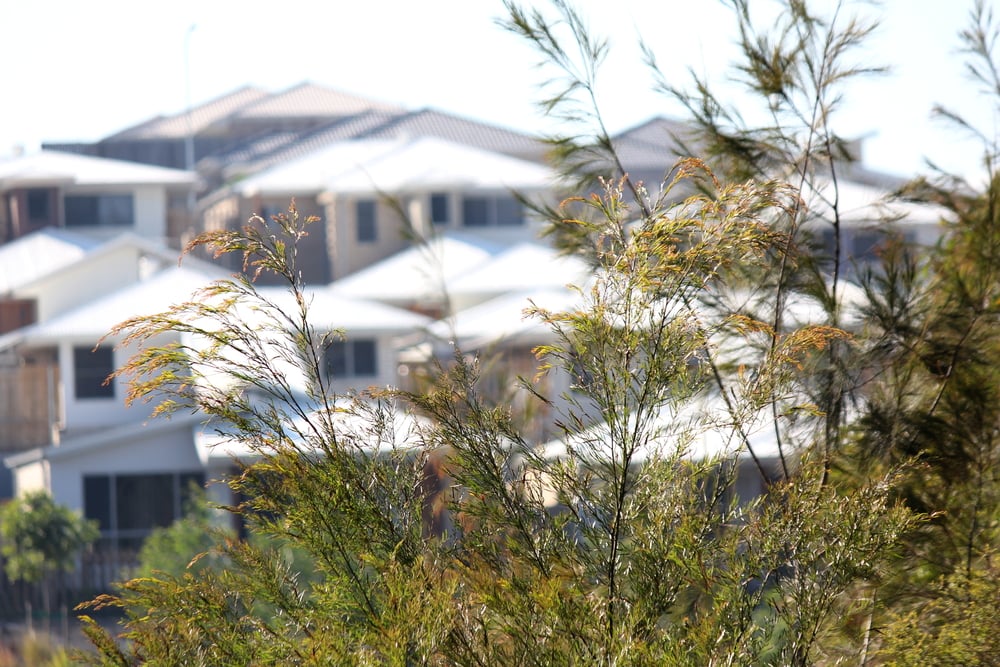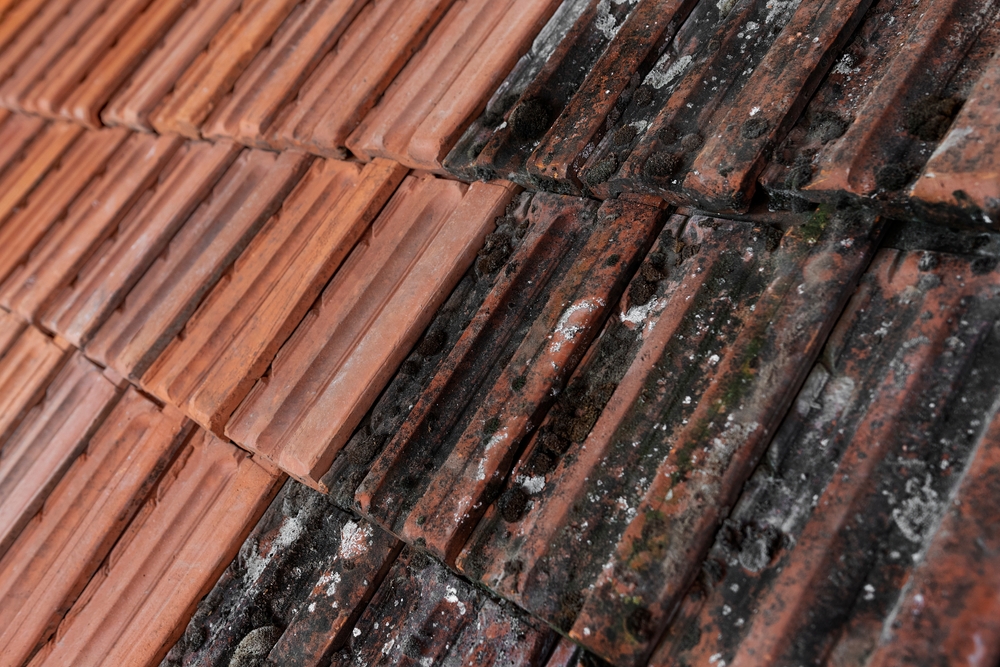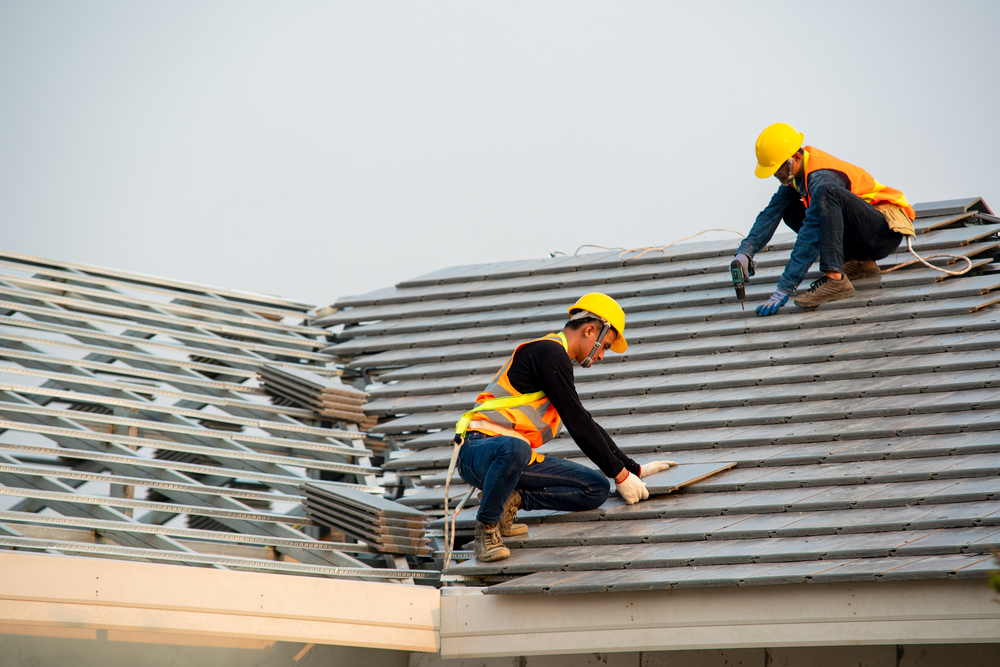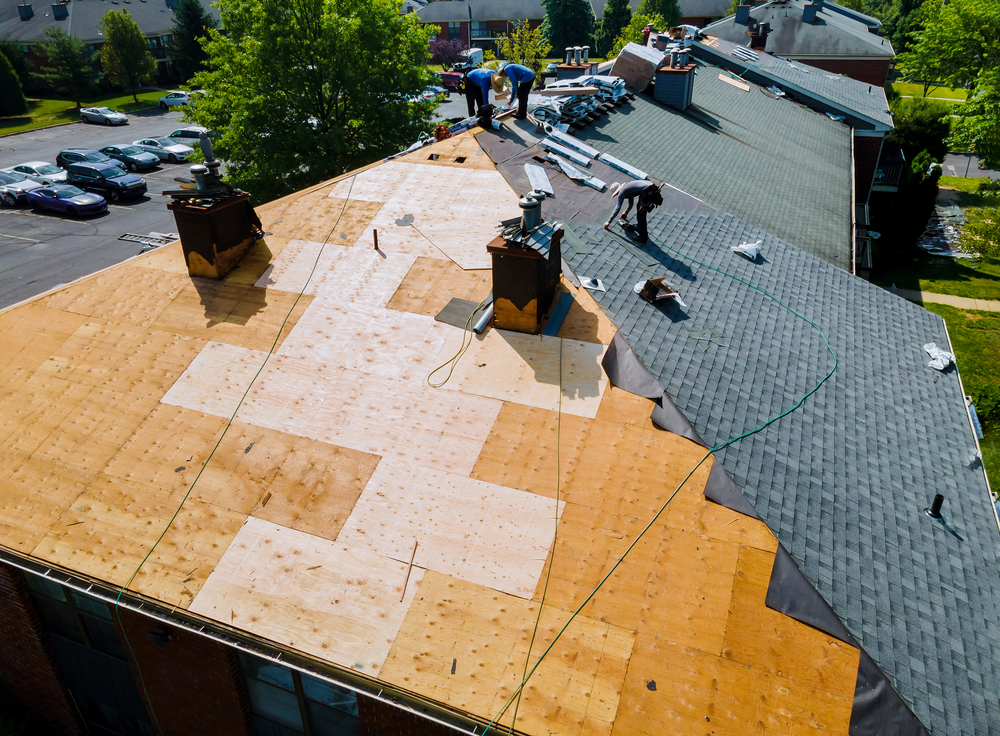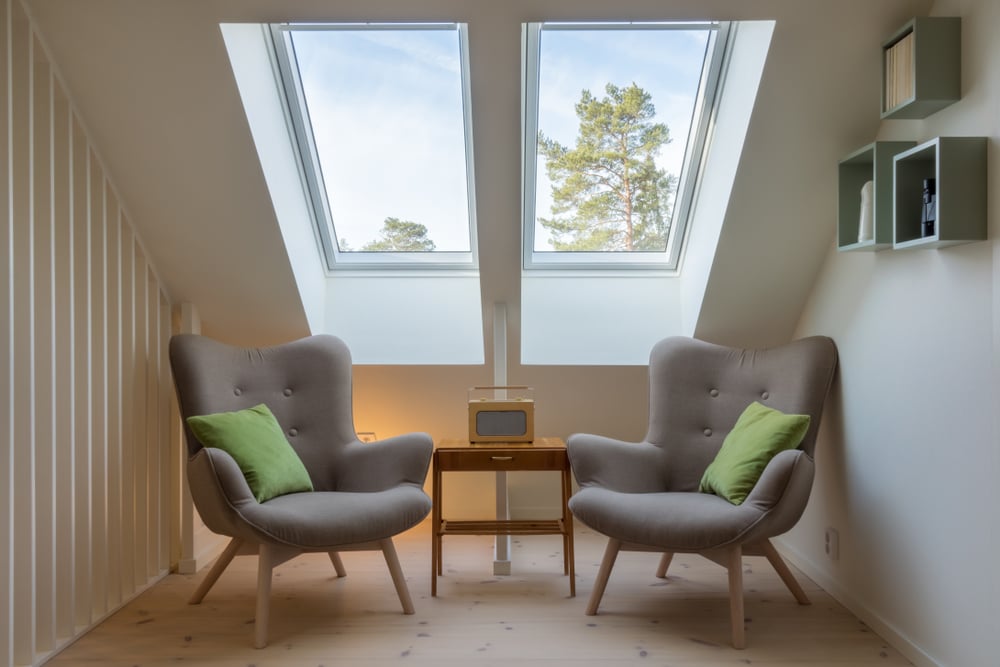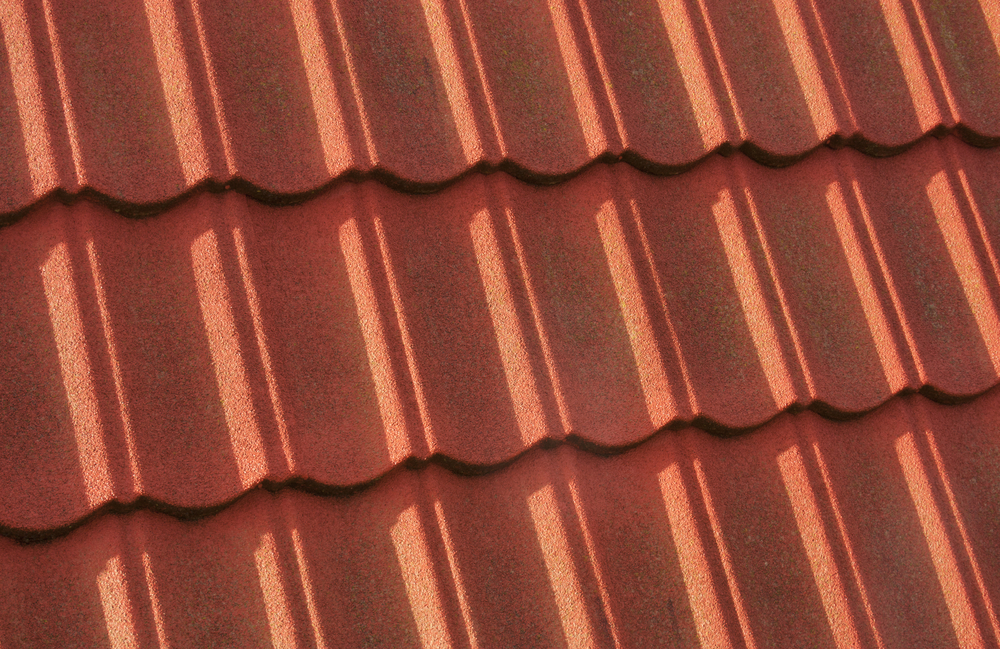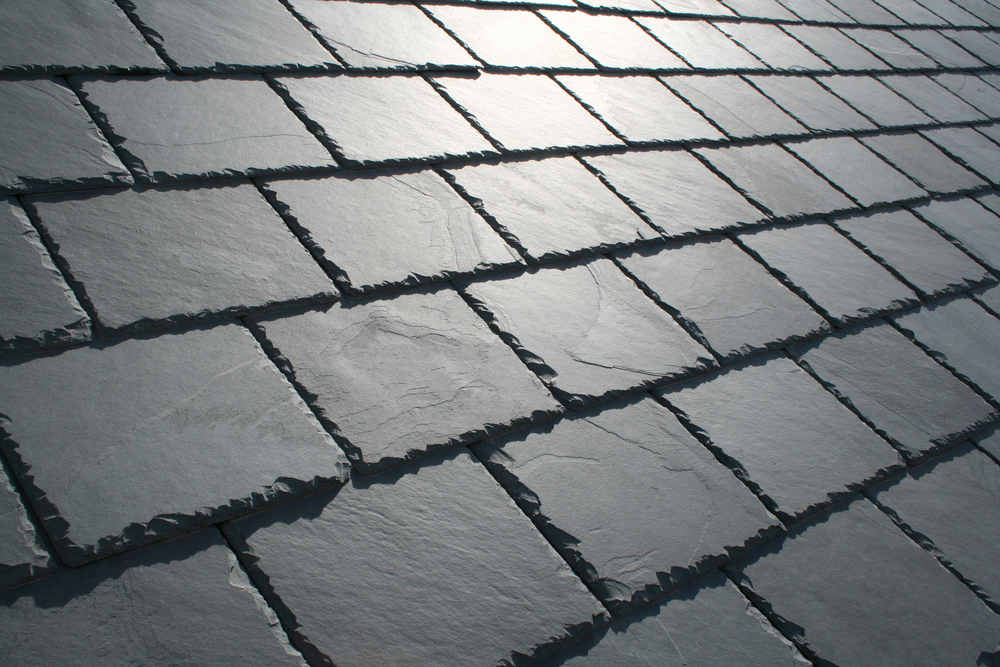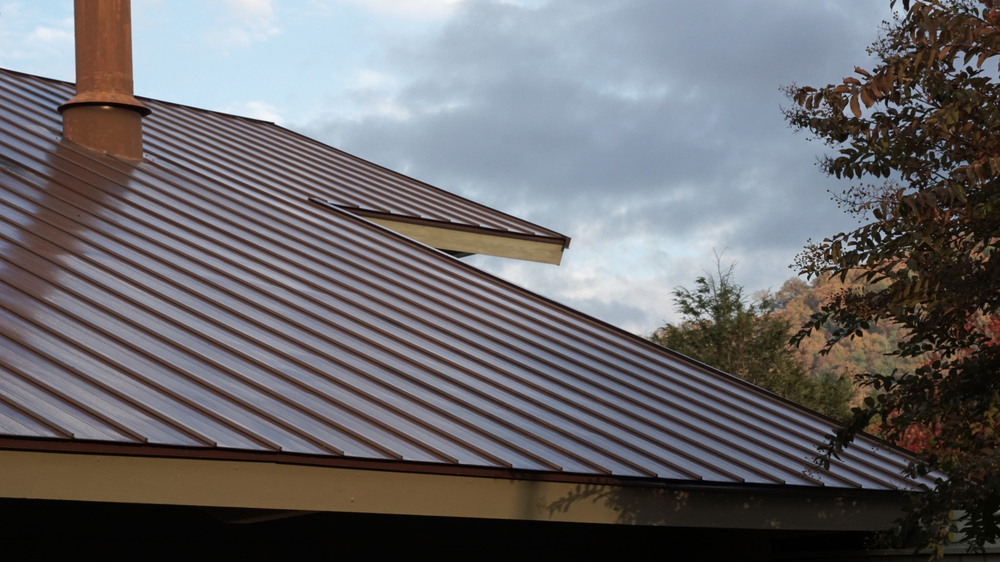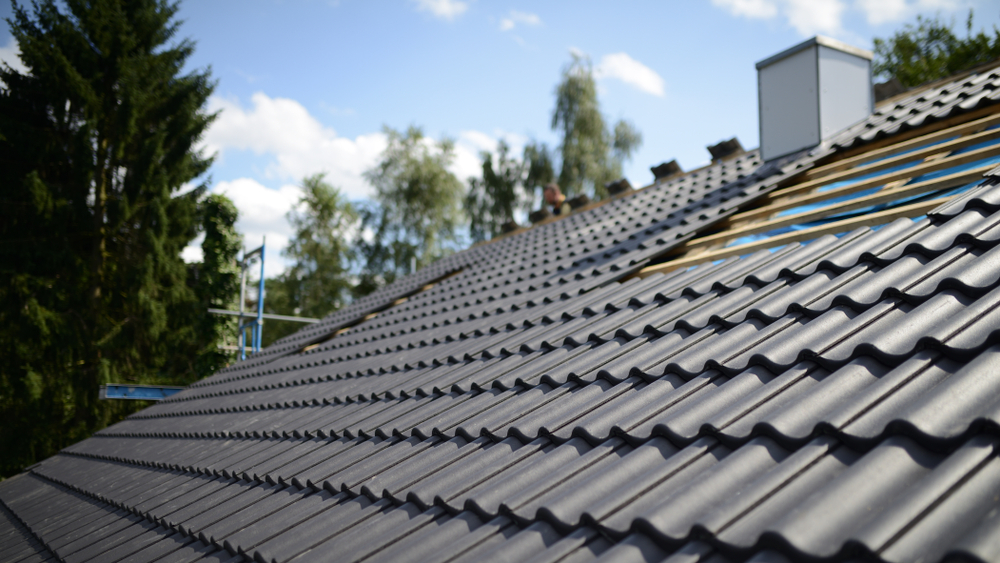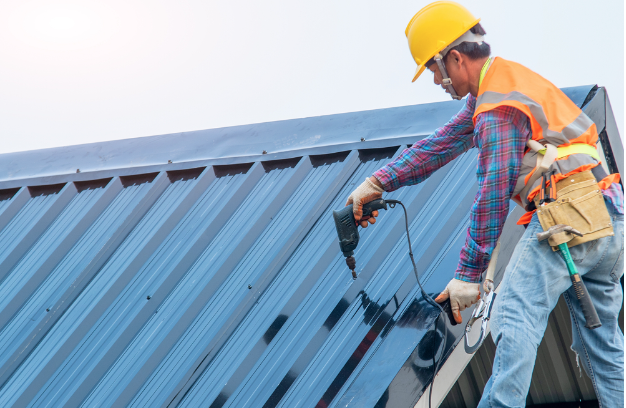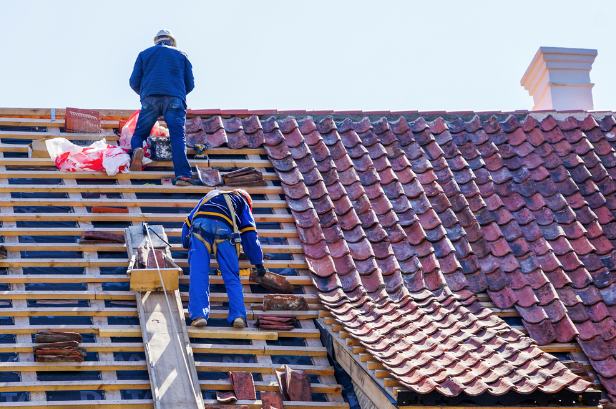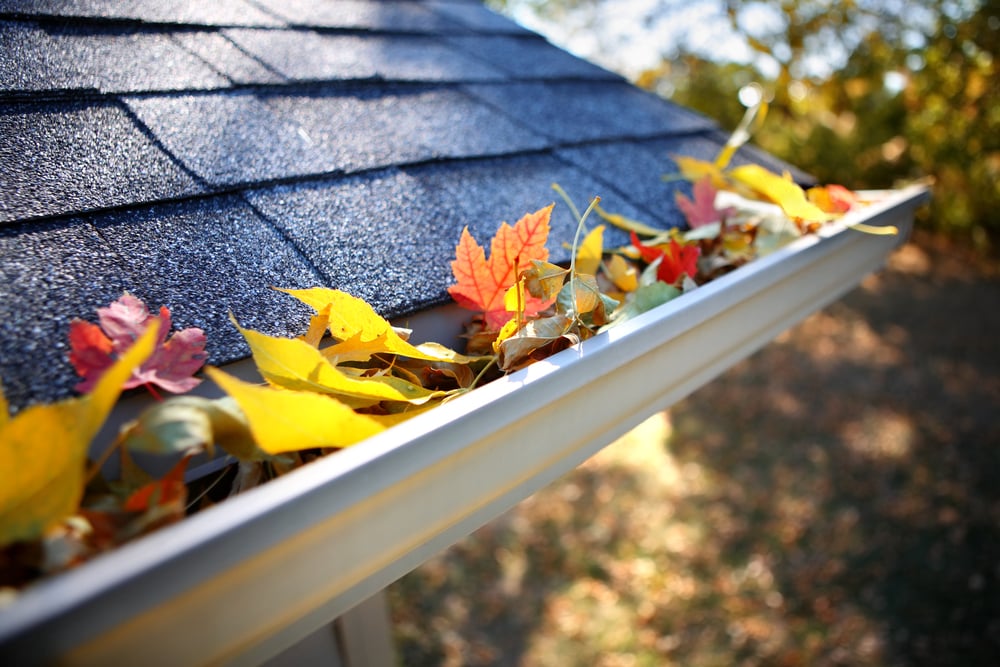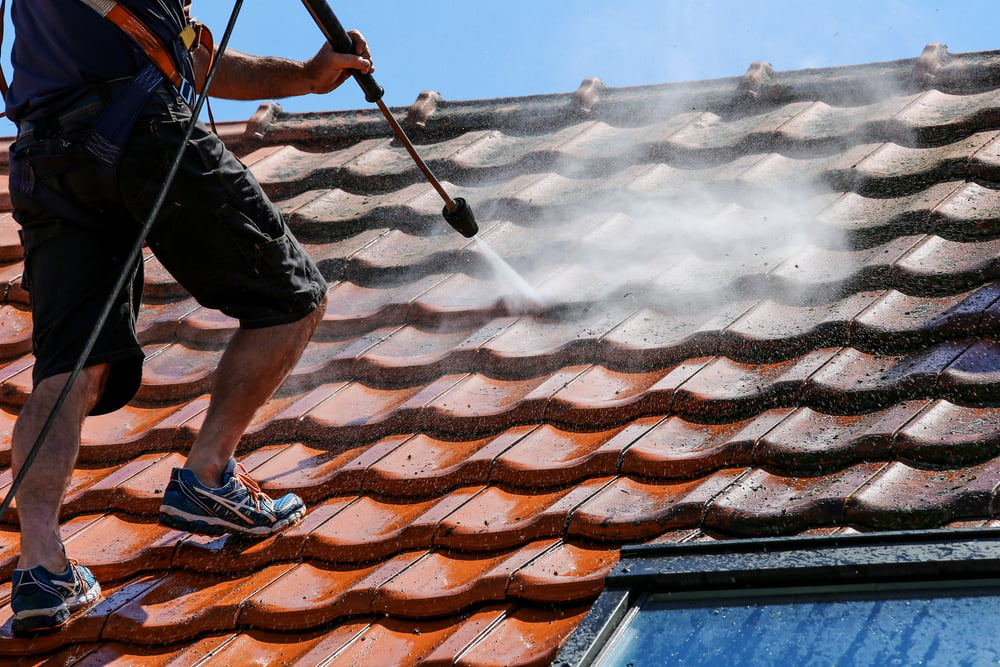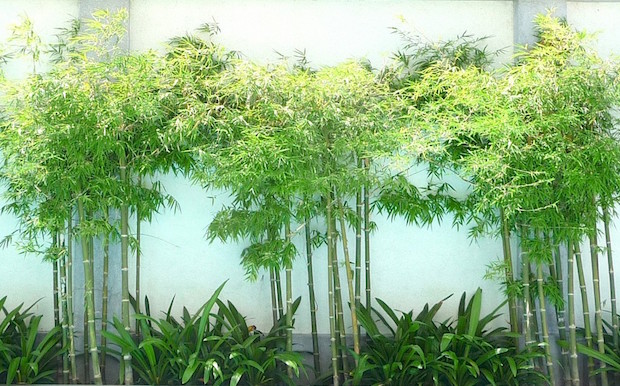
Jul
Creating outdoor privacy with the right plants
Yards and outdoor living spaces are great, but they do come with less privacy then what you'll experience when in the four walls of your home.
Resolving outdoor privacy issues is a pretty easy task, provided you own the property or have permission from the property owner (if renting) to make some changes outside. One of the best approaches comes in the form of trees and other high-growing foliage.
Bamboo
If you have a smaller outdoor area, there is a style of bamboo known as clumping bamboo. Unlike the more traditional bamboo you'll see around the place, clumping bamboo grows directly upwards and doesn't grow over into other properties. Its verticality is matched with a very short width, making it ideal for smaller properties. You can plant them side-by-side in more confined areas, and the clumping bamboo will grow with relative ease. If you trim the branches towards the root of the bamboo, then the bamboo leaves will grow at the top and maintain privacy, while the bottom will remain bare and give you room to plant other plants if you prefer.
Keep in mind, however, that bamboo is relatively high maintenance compared to other trees and foliage. Leaves will fall on a regular basis, meaning you'll need to rake them up quite often. And bamboo does require fairly regular watering.
Yuccas
A low maintenance alternative to bamboo comes in the form of yuccas. Spineless of soft-tipped yuccas have long been a great choice for creating natural privacy that is incredibly low maintenance. The reason yuccas are low maintenance is because they can survive on very little water and can keep going even when neglected for long periods of time. When situated in close proximity of one another, yuccas form a strong windbreak as well, perfect if you live in area where strong winds can be commonplace.
Like bamboo, yuccas are best suited for smaller outdoor areas thanks to their good height and relatively small width. Just make sure to not plant them too close together, as this can impact on how high and wide they grow.
Mother-in-law's tongue
Traditional mother-in-law's tongue would grow up to around 90 centimetres in height, but a new cultivar, Sansevieria stuckyi, has thicker stems that can grow up to around 120cm long/heigh. As far as plants go, mother-in-law's tongue is incredibly resilient, able to grow with ease in pots or the ground and able to handle the harsh conditions often found by coastlines and/or up on balconies and rooftops. On top of this, it's extremely droug tolerant, meaning that it can flourish in almost any climate throughout Australia.
While it is no doubt a tough plant, it's still ideal to water it in the beginning to give it a good foothold and encourage more rapid growth.
Trees
This is obviously a more general one, but trees aren't just good for shade and cooling down your outdoor space, but they can also be great for privacy. However, an important point to remember is that trees can bring with them some risk. They're bigger, heavier and present more dangers during severe storms. Yuccas being uprooted is very different to a tree being uprooted. If you have the space, however (e.g. your house is on acreage), then trees are a fantastic option for adding additonal privacy to your outdoor space.
Grow hedges
One very common type of natural privacy comes in the form of hedges. Hedges themselves can be grown via any variety of plants. It just comes down to choosing the type that's right for you. What you'll generally find with hedges is that because you're planting each plant within close proximity of one another, they won't grow as high as they would when spaced out. This is because the roots don't have as much room to grow and most plants tend to grow in accordance to the available surroundings.
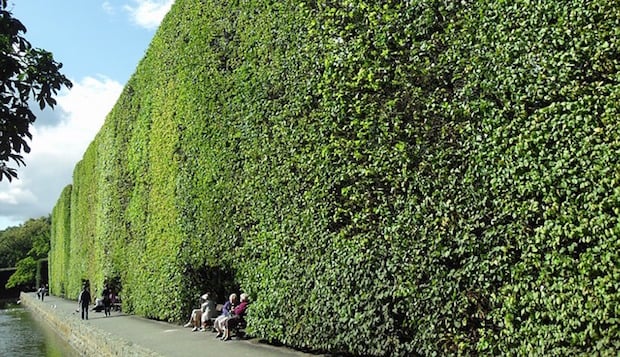
But what they will do is grow together and form a strong, natural wall that will help increase privacy. And depending on the plants you use, you can either achieve very high or low walling.



